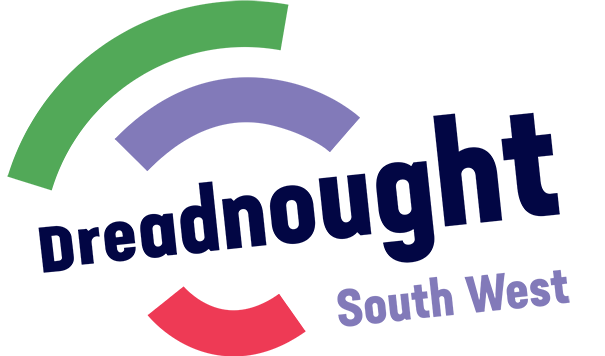| Location: | Bristol |
| Story Number: | Story-012 |
| Themes: | documentation, networks, Refugees |
| Listen: | |
| Transcript: | Transcript by Jayde Stevenson I originally… I guess… feel as though… it might- yeah, when I sort of started to become an activist was when I first went to Dunkirk refugee camp, which was in September 2015. So… I wouldn’t say that I kind of said ‘I am an activist’- it’s something that I think perhaps, you know, as time went on and on, I started to feel as though that’s what I was becoming. Um, often as well I think because you… the… the… the kind of… the name is something that is given to you because of the work that you do. Before I started doing this work I used to run music festivals, um, and I had a friend who… had put together an aid convoy for about 30 people, um where they’d gathered, you know, a few vans- shoes and clothes and food and that kind of thing but also quite a lot of building materials. Um, and my last festival of the season was around August/ September time, so you know, the media was full of images of boats arriving in Greece and lots of images of the situation in Northern France and I remember kind of thinking, ‘god, you know, what… what is going on… what’s… what’s happening’. And I found out that he and some other friends had put this group together. And then they had somebody drop out, and, uh because of my previous experience and being kind of handy- you know, I can do some basic DIY and woodwork and that kind of thing- I… I said I’d like to come with you. Most people are familiar with Calais, less people are familiar with Dunkirk. We’d originally planned on going to Calais but then were told about this smaller camp which is about 20 minutes up the road from Calais, and upon arriving it was just completely shocking. It was, um, I don’t know how many people- it grew in population enormously, but you know, a few hundred people, men in sandals, no food, kids, um camping tents, um you know it was shocking but it definitely became a lot more shocking and I think I just… yeah, it was a combination of seeing the situation in which people are living and feeling as though I could be really useful, knowing what I know how to do. I think being really affected by it, just shocked, you know almost like… I describe it when I talk about it as the nut was cracked, you know suddenly I saw the reality of what, you know, goes on, um, on many different levels but also… particularly in Calais some friends had just stated a shelter building project, so I went and spent a bit of time over there with them and sort of flitted between the two camps for a while. I guess I just felt how can I not stay here? You know, I have time, I’m off season, I have money in the bank, I have some savings, and I just felt like that’s what I needed to do really. You know I spent a lot of time, you know, talking with various different media outlets, introducing them to various people in the camp, really tryna get the real story out there, uh, both, you know, as to who these people are and why they were there, but also what it was like for them there and what was going on and the failures and that kind of thing. So, I guess just you know, trying to talk as much as you can and get people to pay attention. At the moment, what I’m doing, um is about documenting rights abuses, so it’s about… one of the things we’ve been working on recently is releasing, you know, excerpts of testimony’s taken from individuals who were in Calais, and it’s incredible how a very clear story about a violent incident, can be misconstrued. You know, you really… it’s… it’s amazing how things can be… can be changed, so I think you do. The project is basically about facilitating and a kind of an increased documentation of rights abuses against refugees… so-and asylum seekers. And the… work I did in Dunkirk has kind of really directly informed that in the sense that on a daily basis, you are either witnessing or being made aware of incidents which could constitute a rights violation. And as volunteers, you are very… and refugees themselves obviously as kind of survivors or victims of these abuses, you are often without a voice. You are often without the tools and the resources and the understanding and the know-how to… in how to record them so as to ensure that, a- they are not lost- these events and individual experiences are incredibly important, but also as a way of building a body of evidence to positively impact the situation, so when I was out there as I say it was a consistent thing where you’re going, ‘I know what I’m seeing is wrong, how do I record it, but also once I have done that who am I going to give it to?’ Um, and I think trying to develop a system and a way in which the individuals who are actually directly suffering these violations can report them themselves- trying to give the power back to the people. Notes: Information about Calais and Dunkirk refugee camps can be found here: |
